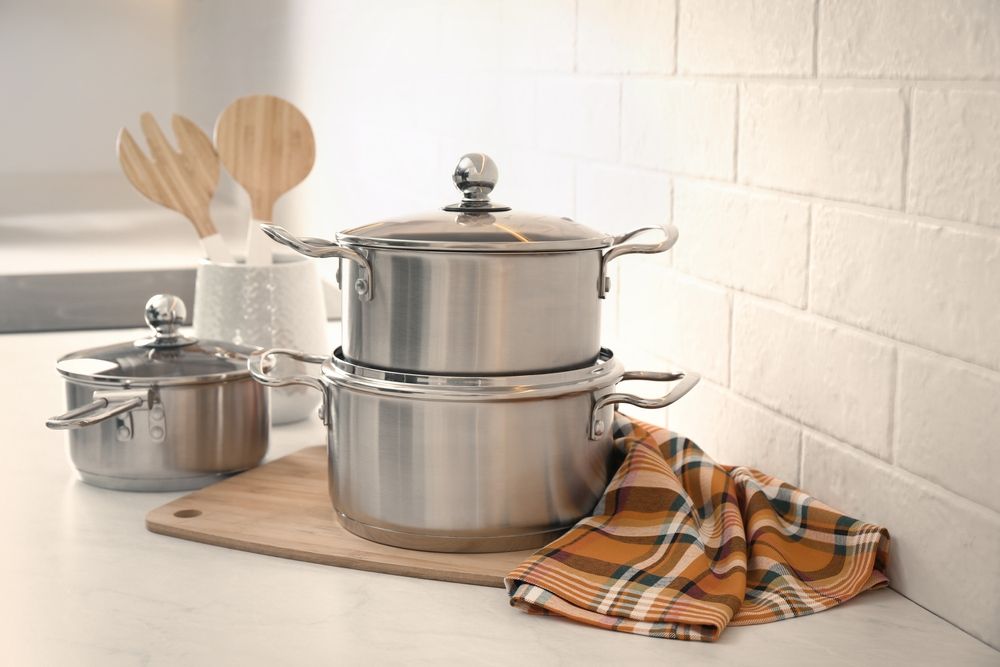The phrase “failing to plan is planning to fail” rings particularly true when it comes to preparing meals. A well-thought-out meal plan can save both time and money, eliminating wasteful spending and last-minute dashes to the grocery store. In this article, we delve into the art of meal planning and highlight how it can unlock a week’s worth of savings.
Step 1: Assess Your Inventory
Begin your meal planning journey by assessing what you already have in your pantry, fridge, and freezer. This inventory check helps avoid unnecessary purchases and helps to incorporate items that might be approaching their expiration dates. Not only does this strategy aid in reducing food waste, but it also saves you money.
Step 2: Plan Based on Sales and Seasonality
Before creating your meal plan, familiarize yourself with weekly grocery sales and seasonal produce. Sales can significantly impact your budget, while seasonal foods are generally cheaper and fresher. If strawberries are on sale, consider adding a refreshing strawberry salad to your menu. If it’s squash season, a hearty squash soup might be in order.

Step 3: Create Your Weekly Meal Plan
Now comes the fun part: crafting your weekly meal plan. This doesn’t have to be elaborate; it can simply be a list of dinners for each day of the week. Consider each family member’s preferences and dietary restrictions. Remember to plan for leftovers, too. If you’re making a big batch of chili on Monday, you can use the leftovers for a quick and easy taco Tuesday.
Step 4: Write a Detailed Shopping List
Once your meal plan is set, it’s time to write a detailed shopping list. This list should include everything you need for your meals, as well as staple pantry items that might be running low. Stick to this list when you shop to avoid impulse purchases. Remember, buying only what you need is key to saving money.
Step 5: Prep Your Meals in Advance
Consider spending a few hours on the weekend to prepare meals for the week ahead. This step isn’t just a money saver; it’s a time saver too. Chopping vegetables, marinating proteins, or fully cooking meals in advance can make weeknights less stressful.
Bonus Tip: Embrace Flexibility
While having a plan is crucial, flexibility is equally important. If you notice a great deal at the store that wasn’t in your original plan, don’t be afraid to adjust. Meal planning isn’t about rigid adherence to a predetermined menu; it’s about making the most of your food budget while still enjoying a variety of tasty, nutritious meals.
Meal planning might seem like an extra step in an already busy schedule, but the savings in time, money, and stress are well worth it. By assessing your inventory, planning around sales and seasonality, crafting a weekly meal plan, preparing a shopping list, and prepping meals in advance, you can unlock a week’s worth of savings. Remember, flexibility is key – don’t be afraid to adapt your plan based on store deals or sudden changes in your schedule. With these strategies, meal planning becomes less of a chore and more of a rewarding habit that contributes to a healthier lifestyle and a healthier bank balance.




